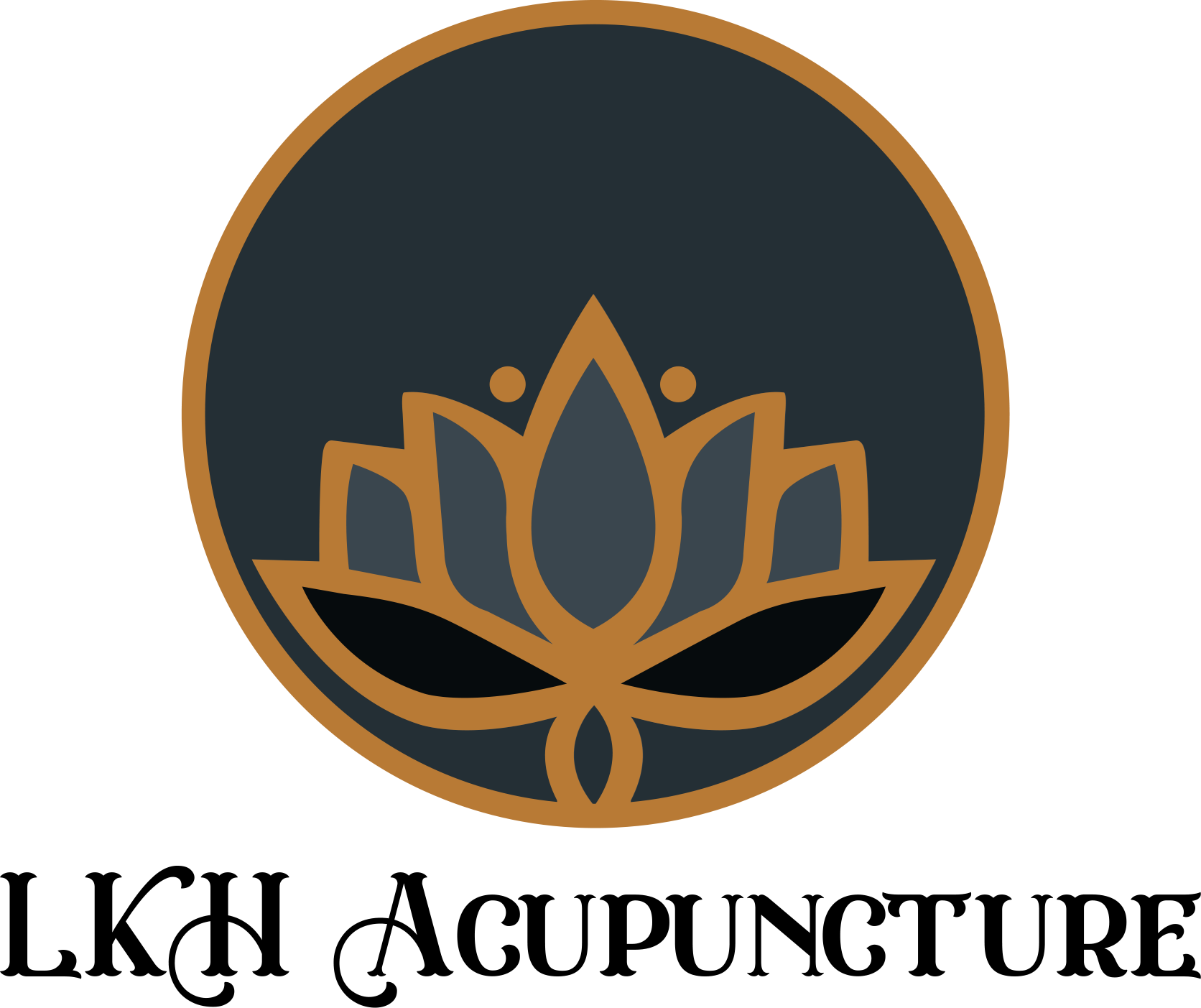I started treatment on patient ‘X” three years ago to turn a breech presentation. I would describe her as the epitome of love and joy. She was anticipating the birth of her first child. With her second pregnancy we resumed acupuncture to ensure a healthy natural delivery.
Nine months later, patient “X” requested treatment for postpartum/post-natal depression. Her husband working 12 – 15 hour days. Her toddler, who had taken to mimicking the baby’s expression of joy, was screaming. She had little time to manage her own basic needs of showering, eating, sleep and exercise; she was beside herself. “I didn’t sign up for this,” she said.
She was depressed, frustrated and her anger was palpable. I queried, “Are you flying off the handle?” “Yes,” she said. “Are you breaking things,” I asked further. “Yes,” she repeated. “Are you wanting to throw the child out the window,” I asked digging deeper. “Close,” she responded. “Are you suicidal,” I hesitated asking. Fortunately she said no.
In an article published by Health CMI, researchers conclude that acupuncture combined with psychological intervention has a similar total efficacy rate for the treatment of postpartum depression as the drug fluoxetine hydrochloride (Prozac®). Acupuncture plus psychological intervention had a 90.7% total effective rate and fluoxetine hydrochloride had a 90.5% total effective rate. The researchers note that acupuncture did not cause any adverse reactions but fluoxetine hydrochloride caused nausea, dizziness, and loss of appetite.
In Obstetrics and Gynecology in Chinese Medicine, Giovanni Maciocia, writes “Post-natal depression is easily explained in Chinese medicine: the exertion and loss of blood occurring at childbirth induces a state of Blood deficiency, the Mind has no residence and it becomes depressed and anxious. This causes a state of depression mild anxiety, insomnia and fatigue; on a mental level the mother feels unable to cope, she is tearful, she loses libido and she may feel angry or guilty.” In more severe conditions a woman may feel “more intense anxiety, insomnia, mental restlessness and agitation.” In the most extreme cases a woman may “manifest psychotic or even schizophrenic behaviour. She may be aggressive and offensive, she may have hallucinations and delusions and she may display suicidal tendencies and even harbour destructive thoughts against her baby.”
After one acupuncture treatment patient X reported the following: “I felt grounded, calm.” As well, both her husband and daughter noticed a difference, with her daughter exclaiming, “Mommy, you are not sad anymore.”
For women who are experiencing postpartum depression, you are not alone. This is a condition that is fully understood within Traditional Chinese Medicine/Acupuncture and is quite effective as shown in the case study and research above.

